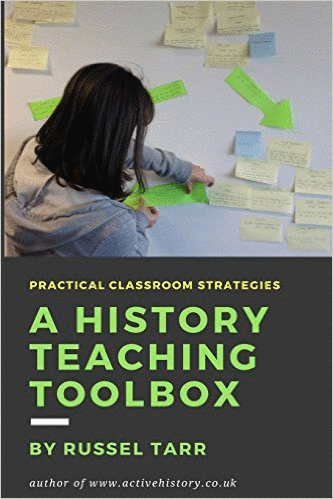May 05 |
May 04 |
Nov 03 |
May 03 |
Nov 02 |
May 02 |
|
Topic 4: Peace and cooperation: international organizations and multiparty states |
Why, in spite of early successes, did the League of Nations fail to prevent the outbreak of World War Two? |
Why in spite of the worthy intentions of its founders, did the League of Nations only last for two decades? |
In what ways, and with what results, did one international organisation work for peace and co-operation in the 20 th Century? |
Examine critically the structure and organization of the League of Nations. |
For what reasons, and with what results, was the League of Nations set up in 1919? |
|
In what ways, and with what success, did one 20 th Century international organisation try to improve social and economic conditions? |
For what reasons, and to what extent, were twentieth century international organizations founded to maintain peace? |
How successfully did the United Nations tackle social and economic problems between 1945-60? |
What were the main aims of one international organization and how successfully were they carried out? |
To what extent could it be said that the twentieth century was “the century of international organizations”? |
|
|
To what extent did Nehru’s government in India (1947-64) fulfil its expectations? |
Assess the impact of social and economic policies in one of the following: India (1947 to 1964); Japan (1945 to 1952): USA (1933 to 1945). |
Why and with what results did EITHER Spain after 1975 OR Argentina after 1983, become a multiparty state? |
To what extent was Nelson Mandela responsible for the transition from apartheid to democracy in South Africa by 1995? |
Evaluate the impact on social and economic affairs in one or more countries of two regional or international organizations. |
|
|
Compare and contrast the foreign policies of two multiparty states. |
“In spite of two world wars, economic depression and global tension, the multiparty state was the most popular form of government.” To what extent do you agree with this statement? |
Evaluate the organisation and policies of TWO multiparty states, each chosen from a different region. |
Analyse the domestic policy of either Nehru’s government in India (1947–1964) or F D Roosevelt’s government in the USA (1933–1945). |
To what extent did international organizations affect political developments in the second half of the twentieth century in two countries, each chosen from a different region? |
|
|
“The ideal form of government for the 20 th century was a multiparty state”. To what extent do you agree with this assertion? |
Analyse the successes and failures of one multiparty state. |
In what ways, and to what extent, did superpower rivalry affect multiparty states? |
In what ways, and to what extent, have two multiparty states, each chosen from a different region, improved the welfare of their people? |
Explain the nature and evaluate the success of two United Nations special agencies. |
|

© 1998-2025 Russel Tarr, ActiveHistory.co.uk Limited (Reg. 6111680)
1 Torrin Drive, Shrewsbury, Shropshire, SY3 6AW, England
Privacy Policy | Contact





